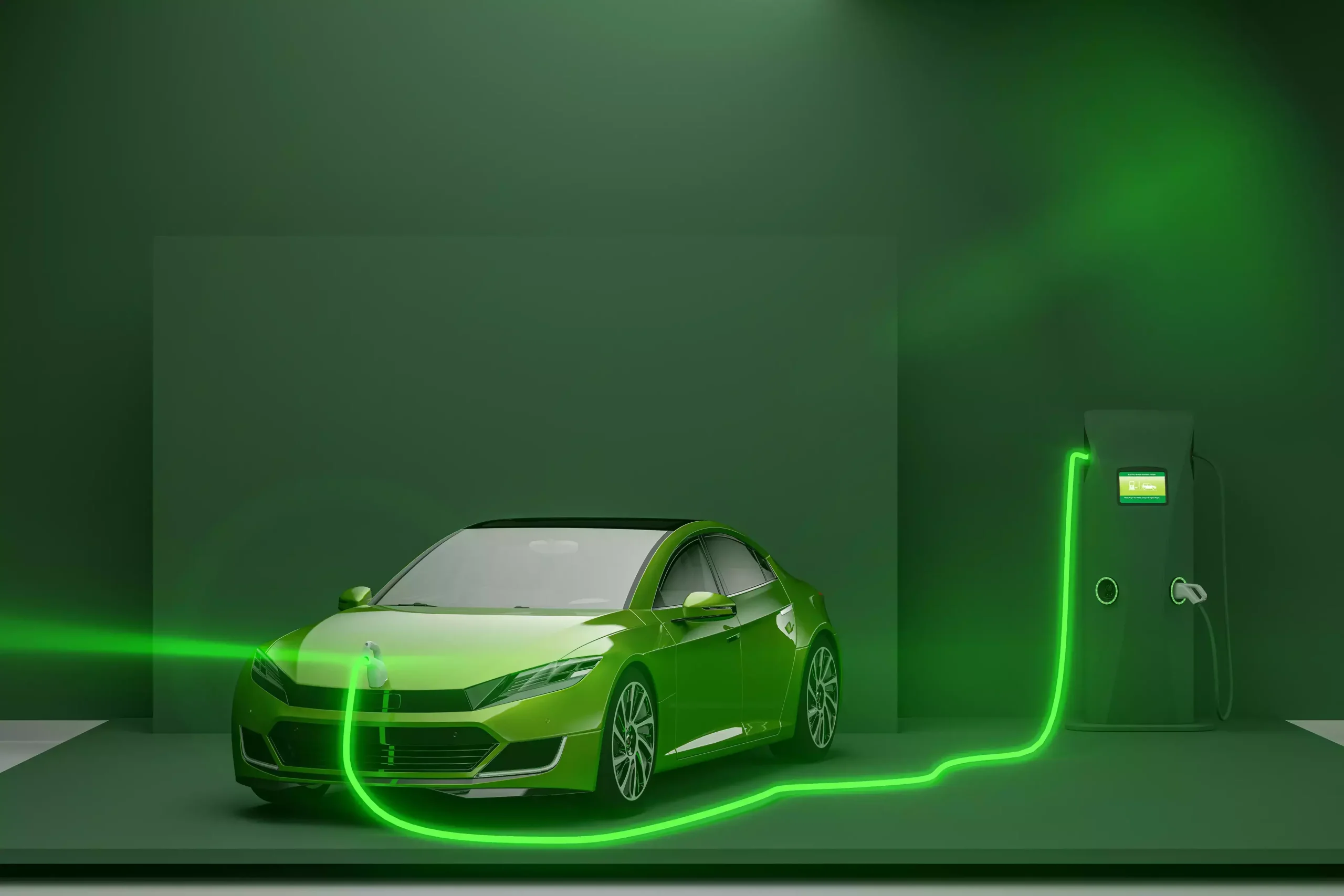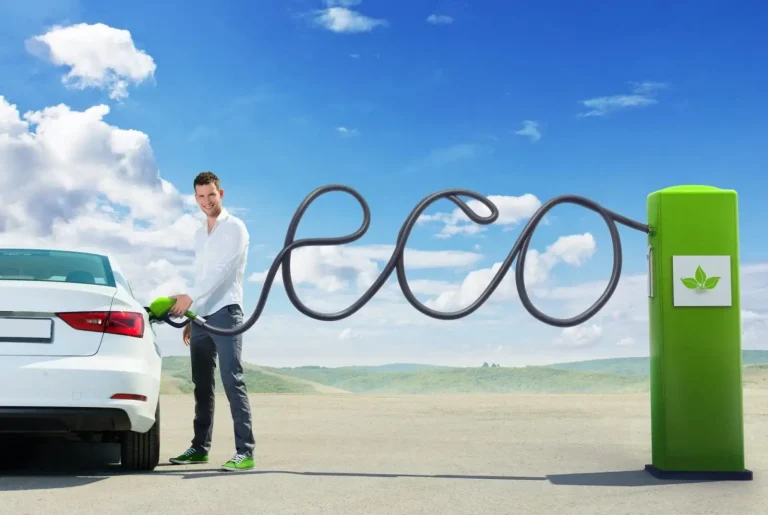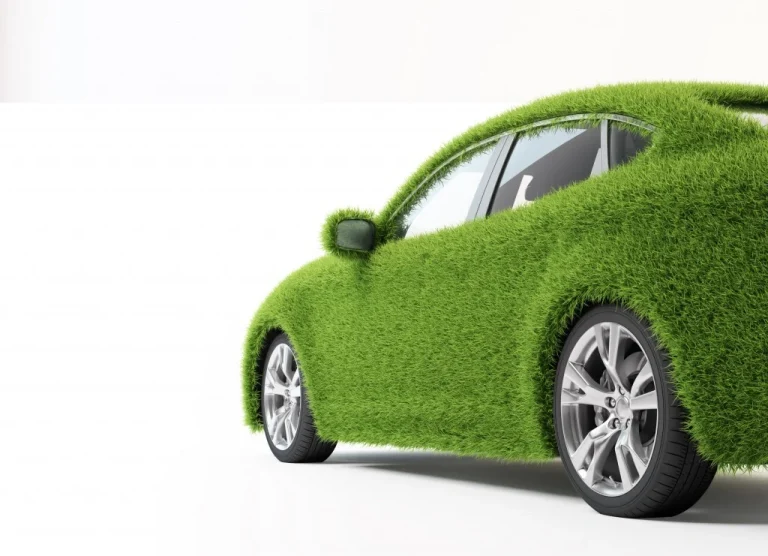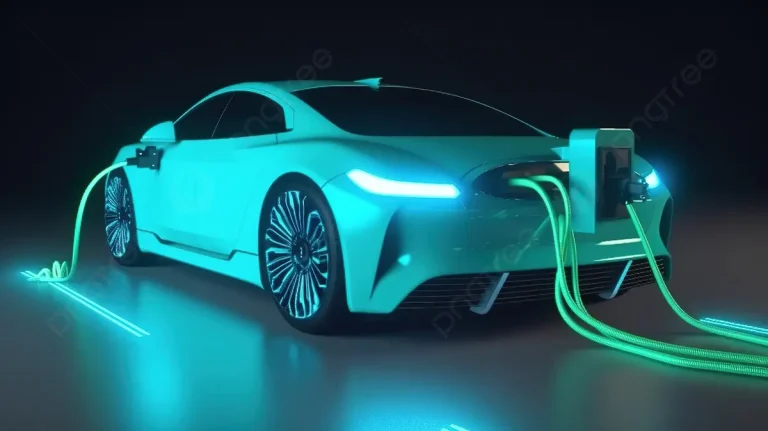Top 10 Benefits of Eco-Friendly Cars
Eco-friendly cars are revolutionizing the way we think about transportation. With environmental awareness at an all-time high, these vehicles offer a sustainable alternative to traditional gas-powered cars. Not only do they contribute to a cleaner planet, but they also come with financial and practical perks. Let’s dive into the top 10 benefits of eco-friendly cars and explore why making the switch is a smart move for both you and the environment.
Lower Environmental Impact
Eco-friendly cars, including electric vehicles (EVs) and hybrids, significantly reduce harmful emissions. Unlike traditional vehicles that emit carbon dioxide (CO2) and other pollutants, EVs produce zero tailpipe emissions. By choosing an eco-friendly car, you’re directly contributing to cleaner air and a healthier environment.
Quick Fact: Switching to an electric car can reduce your carbon footprint by up to 50% compared to driving a gas-powered vehicle.
Cost Savings on Fuel
Say goodbye to skyrocketing fuel prices. Electric cars run on electricity, which is far cheaper than gasoline. Even hybrid vehicles, which combine gas and electric power, are more fuel-efficient than traditional cars. Over time, these savings add up, making eco-friendly cars an economical choice.
Pro Tip: Charging an electric vehicle overnight during off-peak hours can further reduce your energy costs.
Reduced Maintenance Costs
Eco-friendly cars have fewer moving parts compared to internal combustion engines. This means less wear and tear, leading to reduced maintenance costs. EVs, for instance, don’t require oil changes, and their brake systems tend to last longer thanks to regenerative braking.
Did You Know? A traditional car has over 2,000 moving parts, whereas an electric car has around 20. Fewer parts mean fewer chances for things to go wrong!
Tax Incentives and Rebates
Governments around the world are incentivizing the adoption of eco-friendly vehicles through tax credits, rebates, and discounts. In many regions, you can save thousands of dollars when purchasing an electric or hybrid car.
Example: In the U.S., federal tax credits for electric vehicles can go up to $7,500, depending on the model.
Energy Independence
By driving an eco-friendly car, you’re reducing dependence on imported oil. Electric cars can be powered by renewable energy sources like solar or wind, providing a sustainable and secure energy solution.
Future Outlook: With renewable energy expected to dominate power grids by 2050, eco-friendly cars will only become more aligned with sustainable energy goals.
Improved Air Quality
Cleaner air is a direct result of reduced vehicle emissions. Eco-friendly cars play a crucial role in combating urban air pollution, benefiting not just the planet but also public health. Reduced air pollution can lower respiratory issues like asthma and improve overall quality of life in cities.
Impact: Cleaner air in urban areas could prevent thousands of premature deaths annually.
Quieter Roads
Eco-friendly vehicles are much quieter than traditional cars, reducing noise pollution—a significant issue in urban environments. This makes for a more pleasant driving experience and quieter neighborhoods.
Interesting Fact: Some EVs are so quiet that regulations now require them to emit artificial sounds at low speeds to alert pedestrians.
Access to Perks and Privileges
Many cities offer perks to eco-friendly car owners, such as access to high-occupancy vehicle (HOV) lanes, reduced or waived toll fees, and preferential parking spots. These benefits save time and make daily commutes less stressful.
Real-World Example: California grants solo drivers of electric cars access to carpool lanes, cutting down commute times.
Support for Renewable Energy
Eco-friendly cars drive demand for renewable energy. As more people adopt EVs, the push for clean energy solutions like solar, wind, and hydropower intensifies. This positive feedback loop accelerates the transition to a sustainable energy ecosystem.
Global Trend: Countries like Norway are leading the charge, where over 80% of new car sales are electric or hybrid.
Enhanced Resale Value
The demand for eco-friendly cars is growing. As environmental regulations tighten and gasoline prices rise, the resale value of electric and hybrid cars is likely to remain strong. Investing in an eco-friendly vehicle today could pay off in the long run.
Market Insight: Many electric cars, such as Tesla models, retain a higher percentage of their value compared to traditional cars over time.
Are Eco-Friendly Cars Good for the Environment?
Yes, eco-friendly cars are excellent for the environment. Here’s why:
- Lower Greenhouse Gas Emissions: EVs and hybrids emit fewer harmful gases compared to traditional gas-powered cars. This helps combat climate change.
- Reduced Fossil Fuel Dependency: By using electricity or alternative fuels, eco-friendly cars reduce the demand for finite resources like oil.
- Cleaner Air: Unlike conventional vehicles, EVs don’t release carbon monoxide or nitrogen oxides, which are harmful to both humans and the planet.
- Support for Renewable Energy Growth: Charging EVs using solar or wind power further enhances their environmental benefits.
Eco-friendly cars are not just good for the environment; they are essential for reducing the ecological damage caused by transportation.
What Is the Best Eco-Friendly Car?
The “best” eco-friendly car depends on your needs and preferences. Here are some top contenders across different categories:
- Best Overall EV: Tesla Model 3 is known for its long range, advanced technology, and sleek design.
- Best Budget EV: Nissan Leaf offers affordability with a respectable range, making it ideal for city drivers.
- Best Hybrid: Toyota Prius has been a reliable choice for years, blending gas and electric power efficiently.
- Best Luxury Eco-Friendly Car: Audi e-tron combines luxury features with sustainability.
When choosing the best eco-friendly car, consider factors like driving range, charging infrastructure, and your budget.
Also Read: Why Choose Eco-Friendly Cars
How Are EVs Better for the Environment?
Electric vehicles are better for the environment in several ways:
- No Tailpipe Emissions: EVs produce zero emissions during operation, significantly improving air quality.
- Energy Efficiency: EVs convert over 60% of electrical energy into motion, compared to only 20-30% for gas-powered cars.
- Potential for Renewable Energy Use: When charged using solar or wind power, EVs become almost entirely eco-friendly.
- Reduced Noise Pollution: Unlike traditional cars, EVs operate quietly, reducing urban noise levels.
- Recyclable Components: EV batteries can often be recycled or repurposed, reducing waste.
By replacing traditional gas-powered cars with EVs, we can make a significant impact on global emissions and overall environmental health.
Which Vehicles Are the Most Eco-Friendly?
Here are some of the most eco-friendly vehicles available today:
- Fully Electric Vehicles (EVs): These include models like the Tesla Model Y, Chevrolet Bolt, and Hyundai Kona Electric. They produce zero emissions and rely solely on electricity.
- Plug-in Hybrids (PHEVs): Cars like the Toyota Prius Prime and Ford Escape PHEV use a combination of electric power and gas, offering flexibility and lower emissions.
- Hydrogen Fuel Cell Vehicles: Cars like the Toyota Mirai and Hyundai Nexo run on hydrogen and emit only water vapor.
- Biodiesel and Ethanol Cars: While less common, vehicles that run on biofuels are also eco-friendly alternatives to traditional gas-powered cars.
When choosing a vehicle, consider not just its environmental impact but also its practicality for your lifestyle, including access to charging stations or alternative fuels.
Final Thoughts
Eco-friendly cars offer a multitude of benefits, from cost savings and health improvements to a cleaner, quieter world. They represent the future of transportation, combining sustainability with modern convenience. By choosing an eco-friendly vehicle, you’re not just investing in your own well-being but also contributing to a better future for generations to come.





